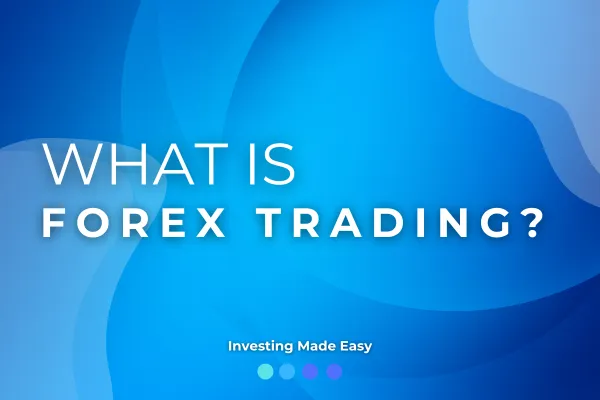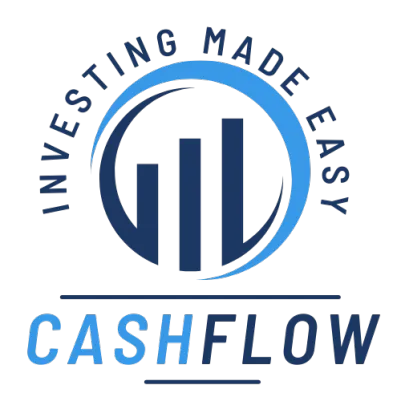
What is Forex?
Welcome to the exciting world of Forex! If the term "Forex" sounds like a secret code to you, fear not. We're here to unravel the mystery and show you how foreign exchange trading can be as straightforward as a game of Monopoly.
What is Forex? At its core, Forex (short for Foreign Exchange) is the global marketplace for trading national currencies against one another. Imagine you're planning a trip to Europe, and you need euros. You'll exchange your dollars for euros at a rate determined by the Forex market.
Major Players:
Governments, banks, corporations, and individual traders participate in Forex.
Central banks play a crucial role, influencing currency values through policies and interventions.
Currency Pairs:
In Forex, currencies are traded in pairs (e.g., EUR/USD). The first currency is the base, and the second is the quote or counter currency.
If you think the base currency will strengthen against the quote currency, you buy. If you believe it will weaken, you sell.
Pips and Lots:
Prices in Forex are quoted in pips, the smallest price movement.
Lots represent the size of your trades. Standard, mini, and micro lots cater to different risk appetites.
Leverage:
Leverage allows traders to control a large position with a relatively small amount of capital.
While it can amplify profits, it also increases the risk of significant losses.
Market Participants:
Retail traders like you and institutional players engage in Forex.
Online platforms provide access, making it user-friendly for individuals.
Market Hours:
Forex operates 24 hours a day, five days a week, due to the global nature of currency markets.
Major financial centers, including London, New York, Tokyo, and Sydney, drive trading activity.
Factors Influencing Exchange Rates:
Economic indicators, political events, and market sentiment impact currency values.
Stay informed about interest rates, inflation, and geopolitical developments.
Congratulations! You've just taken your first steps into the world of Forex. Remember, successful trading is a combination of knowledge, strategy, and a sprinkle of intuition. Stay tuned for more insights into the fascinating universe of finance, where investing is not only made easy but also a little bit fun!

What is Forex?
Welcome to the exciting world of Forex! If the term "Forex" sounds like a secret code to you, fear not. We're here to unravel the mystery and show you how foreign exchange trading can be as straightforward as a game of Monopoly.
What is Forex? At its core, Forex (short for Foreign Exchange) is the global marketplace for trading national currencies against one another. Imagine you're planning a trip to Europe, and you need euros. You'll exchange your dollars for euros at a rate determined by the Forex market.
Major Players:
Governments, banks, corporations, and individual traders participate in Forex.
Central banks play a crucial role, influencing currency values through policies and interventions.
Currency Pairs:
In Forex, currencies are traded in pairs (e.g., EUR/USD). The first currency is the base, and the second is the quote or counter currency.
If you think the base currency will strengthen against the quote currency, you buy. If you believe it will weaken, you sell.
Pips and Lots:
Prices in Forex are quoted in pips, the smallest price movement.
Lots represent the size of your trades. Standard, mini, and micro lots cater to different risk appetites.
Leverage:
Leverage allows traders to control a large position with a relatively small amount of capital.
While it can amplify profits, it also increases the risk of significant losses.
Market Participants:
Retail traders like you and institutional players engage in Forex.
Online platforms provide access, making it user-friendly for individuals.
Market Hours:
Forex operates 24 hours a day, five days a week, due to the global nature of currency markets.
Major financial centers, including London, New York, Tokyo, and Sydney, drive trading activity.
Factors Influencing Exchange Rates:
Economic indicators, political events, and market sentiment impact currency values.
Stay informed about interest rates, inflation, and geopolitical developments.
Congratulations! You've just taken your first steps into the world of Forex. Remember, successful trading is a combination of knowledge, strategy, and a sprinkle of intuition. Stay tuned for more insights into the fascinating universe of finance, where investing is not only made easy but also a little bit fun!

